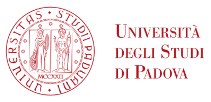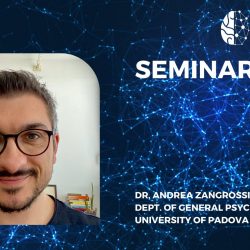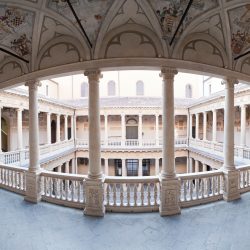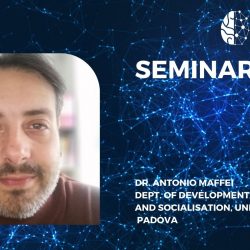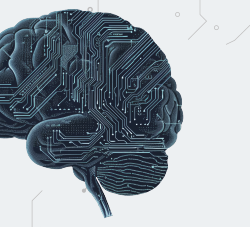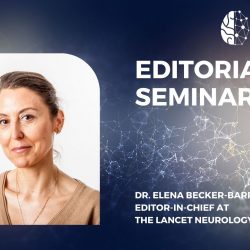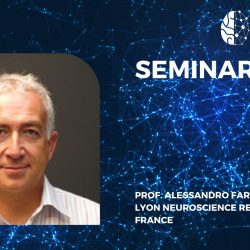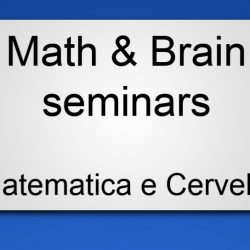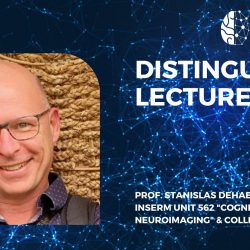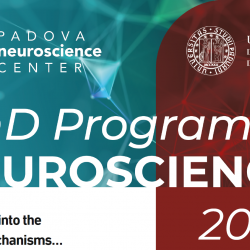Oculomotor behavior and the brain: Clinical and forensic implications
by Dr. Andrea Zangrossi, Dept. of General Psychology, University of Padova
When: July 11, 2024, at 3:00 pm
Where: Sala Seminari VIMM (Fondazione per la Ricerca Biomedica Avanzata Onlus, Via Orus 2, Padova)
Abstract: A rule of thumb in computer science is that if you give a computer the same input, you will always get the same output. However, this does not hold true for humans: providing the same sensory input can lead to a wide range of different behavioral and brain responses. How is that possible? One explanation is that brain activity and behavior are only partially grounded in the properties of the sensory input, and that behavior is strongly influenced by the brain’s intrinsic dynamics.

